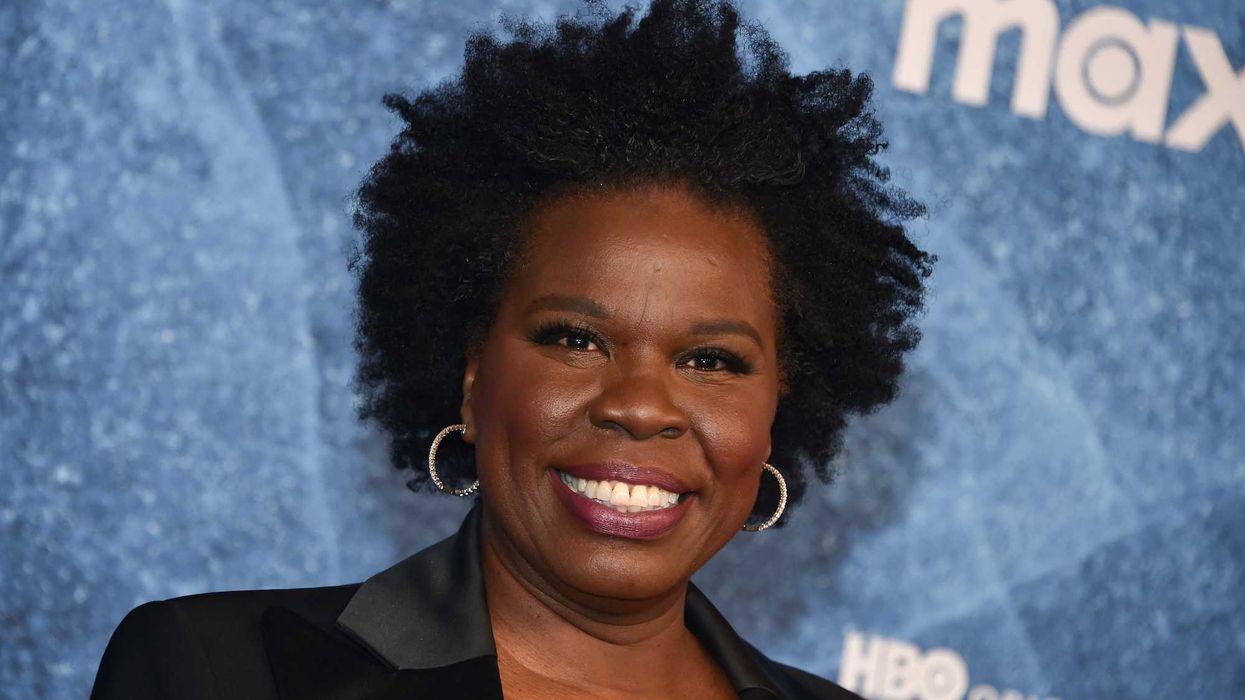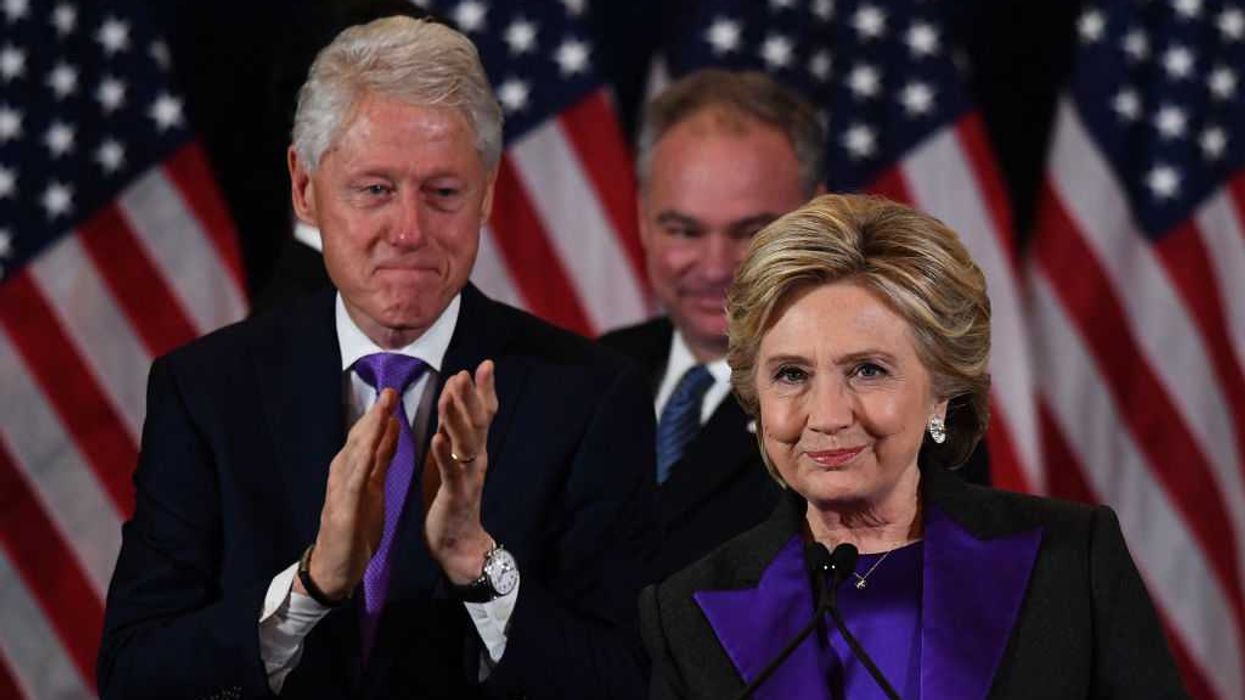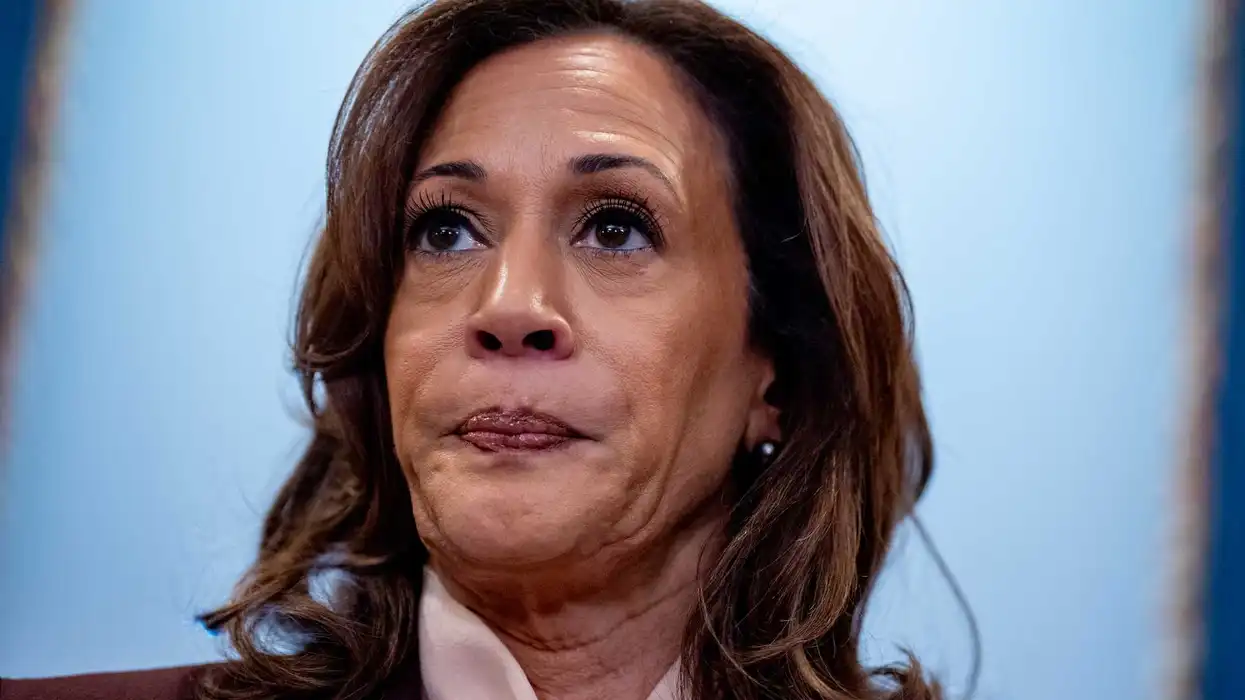
© 2025 Blaze Media LLC. All rights reserved.
UN to Regulate the Internet? House of Representatives Set to Examine Bill Next Week
May 26, 2012
"Productivity, rising living standards and the spread of freedom everywhere, but especially in the developing world, would grind to a halt"
The Hill is reporting that the United States House of Representatives is due to consider an international proposal that would give the United Nations more control over the Internet sometime next week.
Backed by China, Russia, Brazil, India and other members of the international body, the proposal is drawing fire on both sides of the aisle in Congress, as members of the Obama administration even move to criticize it.
“We're quite concerned,” said Larry Strickling, the head of the Commerce Department's National Telecommunications and Information Administration.
He described the measure as “top-down regulation where it's really the governments that are at the table, but the rest of the stakeholders aren't.”
Sen. Marco Rubio (R-Fla.) also pointed out that China and Russia "aren't exactly bastions of Internet freedom," and just because they support a measure, that's not exactly a reason to follow suit.
Pledging to guard the issue, Rubio elaborated: "Any place that bans certain terms from search should not be a leader in international Internet regulatory frameworks."
The Hill continues:
The Internet is currently governed under a “multi-stakeholder” approach that gives power to a host of nonprofits, rather than governments.[...]
“We lose that when we turn this over to a group of just governments,” [Larry Strickling, head of the Commerce Department's National Telecommunications and Information Administration] said.
In an op-ed earlier this year in The Wall Street Journal, [Robert McDowell, a Republican commissioner on the Federal Communications Commission] warned that “a top-down, centralized, international regulatory overlay is antithetical to the architecture of the Net.”
“Productivity, rising living standards and the spread of freedom everywhere, but especially in the developing world, would grind to a halt as engineering and business decisions become politically paralyzed within a global regulatory body,” McDowell wrote.
“And let's face it," McDowell concluded, "strong-arm regimes are threatened by popular outcries for political freedom that are empowered by unfettered Internet connectivity.”
Regardless, the proposal could still come up for a vote at a UN conference in Dubai in December.
Want to leave a tip?
We answer to you. Help keep our content free of advertisers and big tech censorship by leaving a tip today.
Want to join the conversation?
Already a subscriber?
more stories
Sign up for the Blaze newsletter
By signing up, you agree to our Privacy Policy and Terms of Use, and agree to receive content that may sometimes include advertisements. You may opt out at any time.
Related Content
© 2025 Blaze Media LLC. All rights reserved.
Get the stories that matter most delivered directly to your inbox.
By signing up, you agree to our Privacy Policy and Terms of Use, and agree to receive content that may sometimes include advertisements. You may opt out at any time.







